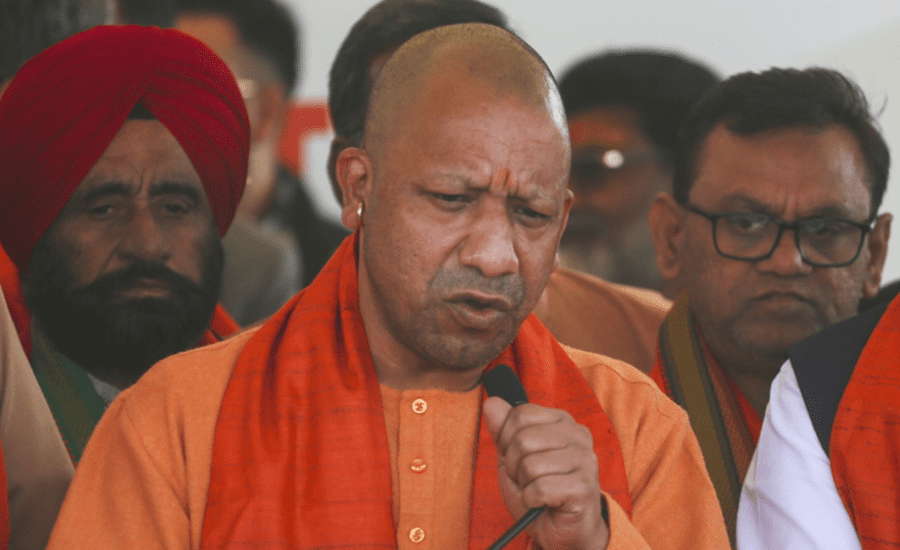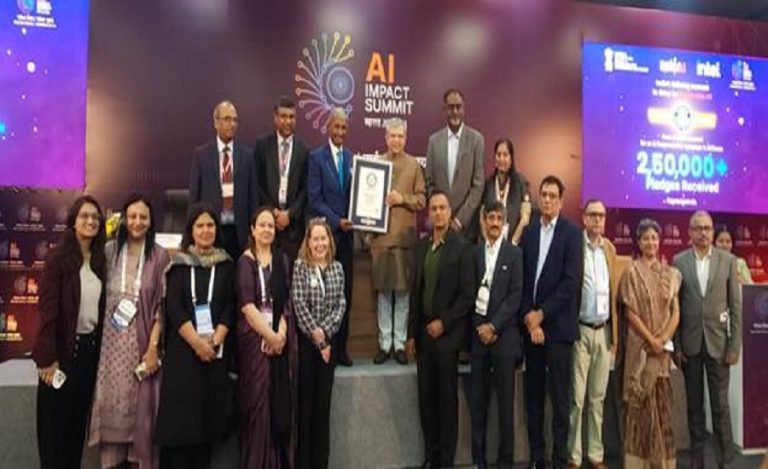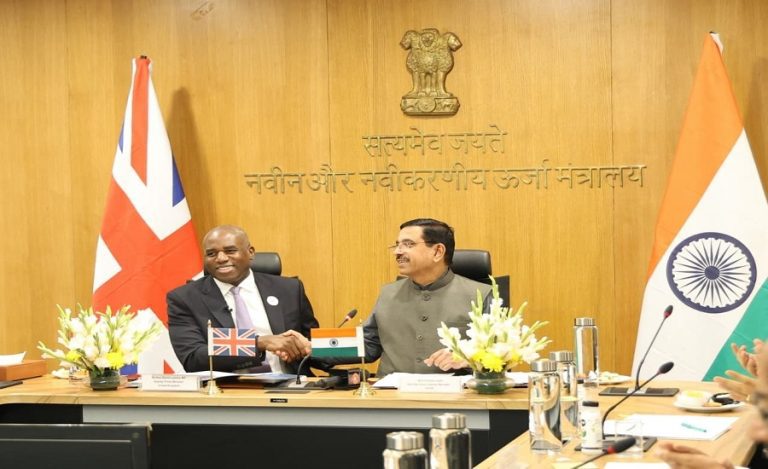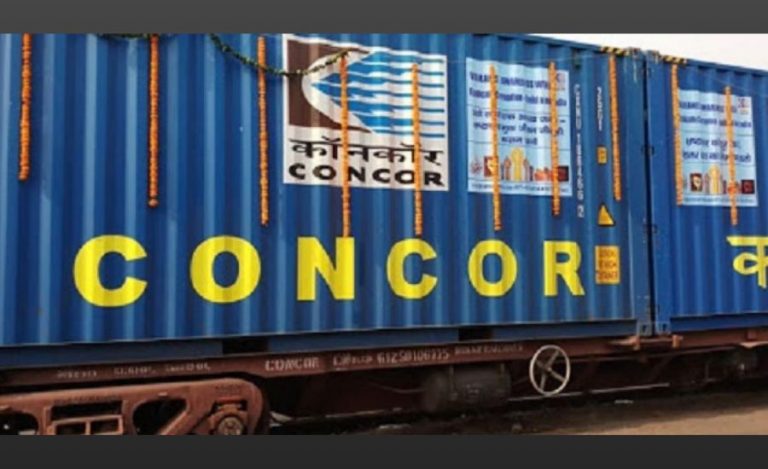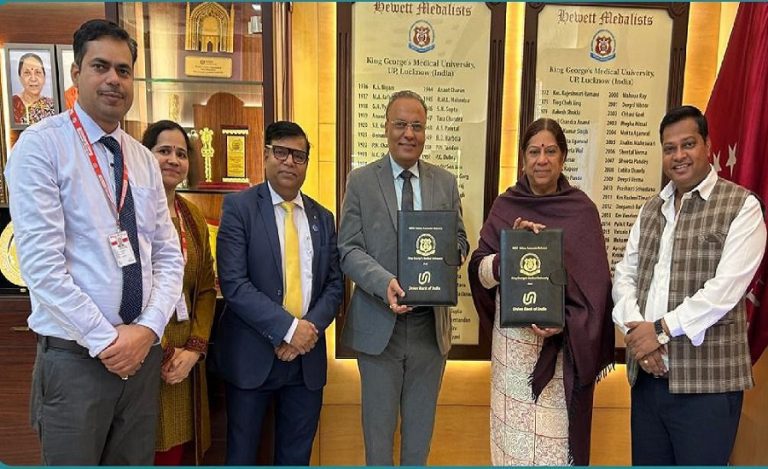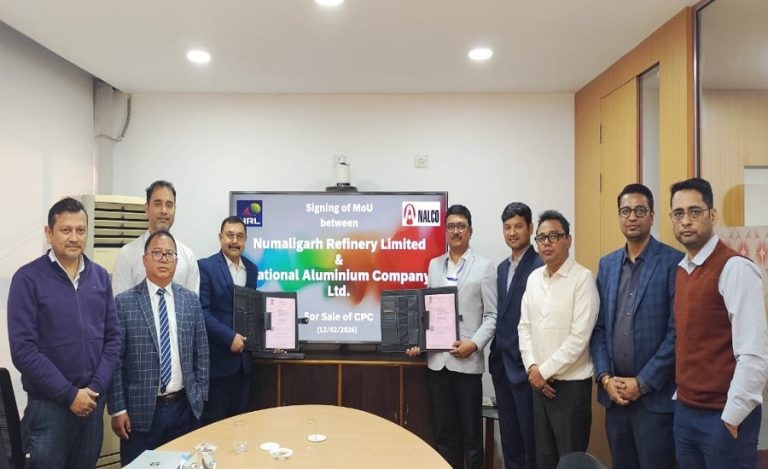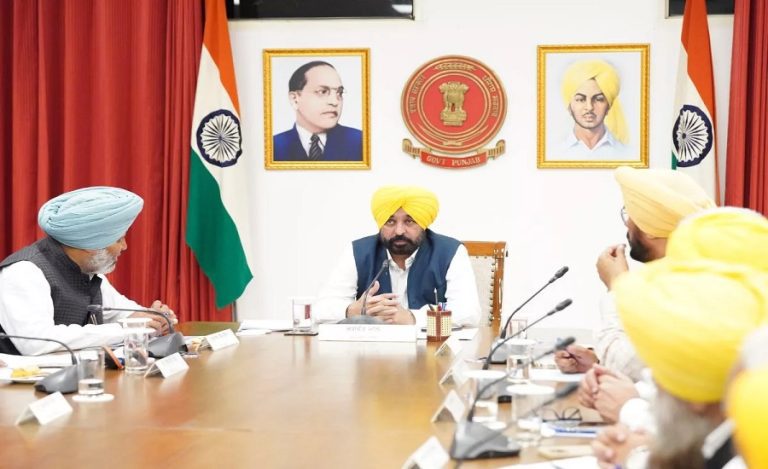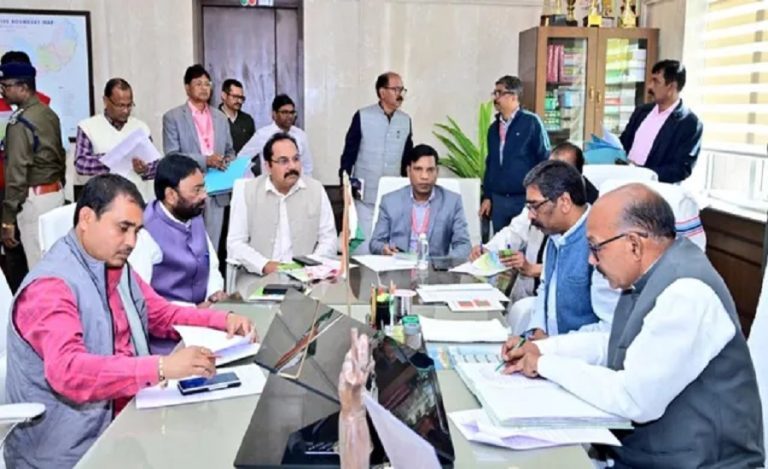Chief Minister Mr. Yogi Adityanath inaugurated a major transport initiative at Indira Gandhi Pratishthan, announcing the launch of Mukhyamantri Gramin Janta Seva. Under this scheme, 250 buses will operate across Uttar Pradesh, including Lucknow, to serve villages within a radius of 75–80 km. The fare for these buses will be 20 percent lower than existing services, providing affordable travel for villagers and small traders.
The initiative mandates that 10 percent of each depot’s fleet will be dedicated to public service, ensuring consistent rural connectivity. Separate routes have been designated, with a revenue-sharing model that incentivizes drivers and conductors through commission and performance-based rewards.
Expanding infrastructure and passenger convenience
The Chief Minister laid the foundation stone for seven new bus stations and announced the construction of 54 more world-class stations in the coming phase. He also launched 1.5 lakh public convenience centers for 48 RTO-related services, reducing dependency on physical offices.
Alongside this, Mr. Adityanath flagged off a range of eco-friendly vehicles including eight electric AC double-decker buses, 16 electric buses, 10 CNG buses, and 400 BS-VI standard buses. The initiative reflects the state government’s push for sustainable mobility and reduced carbon emissions.
Transport Department’s role in public service
Mr. Adityanath praised the Transport Department for its critical role during the Kumbh Mela and the COVID-19 pandemic, when thousands of migrants and pilgrims were safely transported. He emphasized that the department must continue to be a “companion of time” and adopt efficient practices to meet public needs.
He stressed punctuality, reduction in bureaucratic delays, and adoption of technology through collaborations such as the MOU with IIT Kharagpur to make the system technically robust.
Road safety awareness a top priority
The Chief Minister underlined the urgent need for road safety awareness, comparing it to the public outreach efforts during the pandemic. Campaigns such as “No Helmet, No Fuel” have already shown results, reducing accident rates. He called for medical fitness checks for drivers every three months and encouraged awareness drives in schools and colleges on helmets, alcohol risks, and traffic discipline.
He also instructed transport officials to plan designated parking zones for tempos, rickshaws, and trucks to reduce congestion. The Chief Minister highlighted that transport reforms can generate nearly three lakh new jobs and contribute towards achieving net-zero carbon goals.
Financial empowerment for drivers and conductors
Drivers and conductors under the scheme will receive Rs. 2.18 per km, higher than the existing Rs. 2.06 per km. Additionally, incentives of Rs. 5,000 will be provided for continuous 26-day operations. They will also share 50 percent commission if earnings exceed the load factor target of 80 percent, ensuring higher financial security for transport staff.
The initiative is expected to benefit villagers, farmers, and small traders by providing cheaper and faster transportation options, enabling them to easily transport agricultural produce, dairy, and perishable goods to markets.

